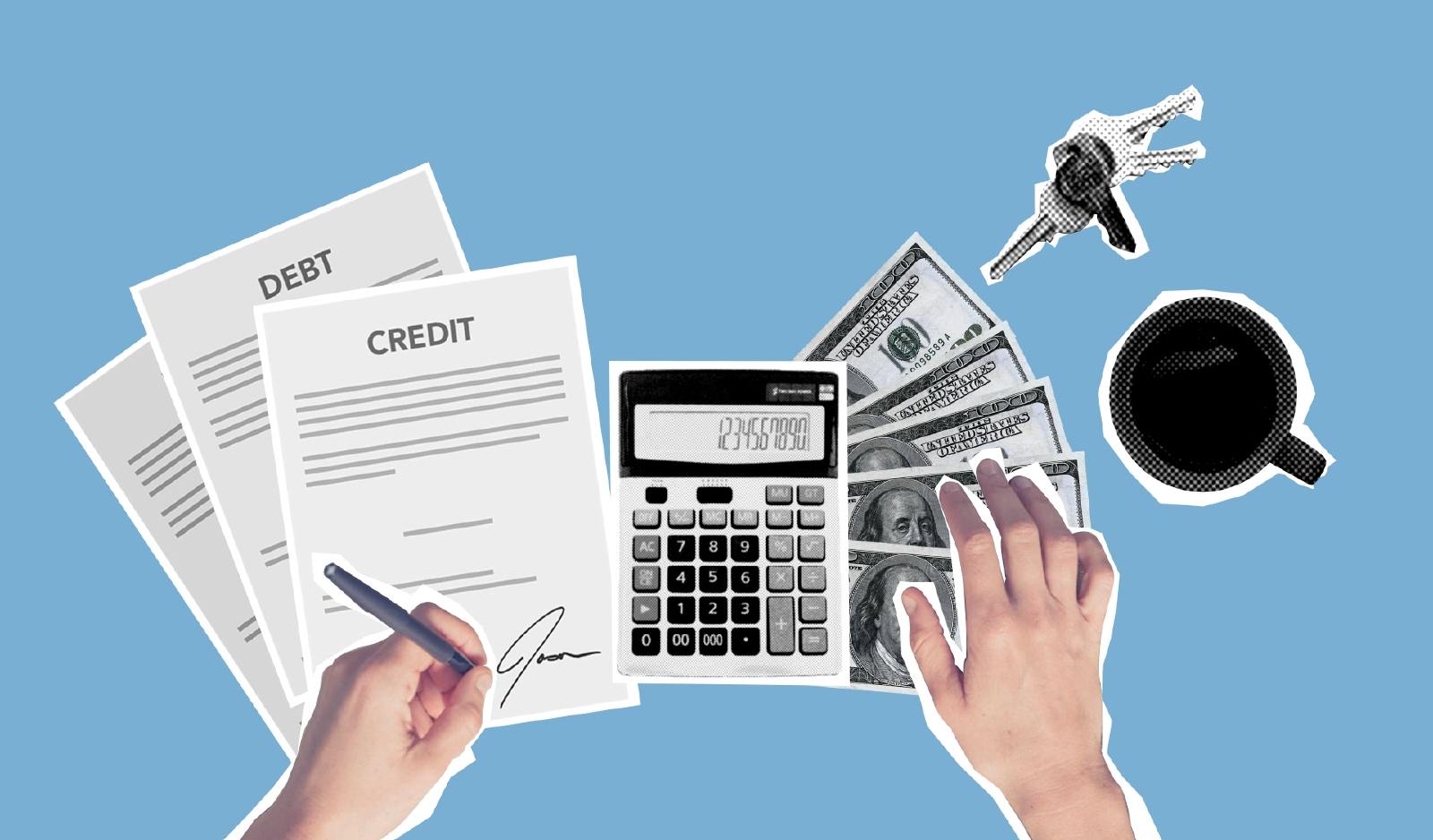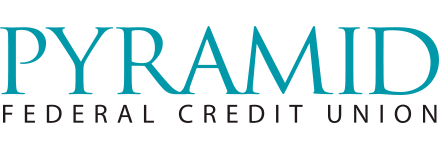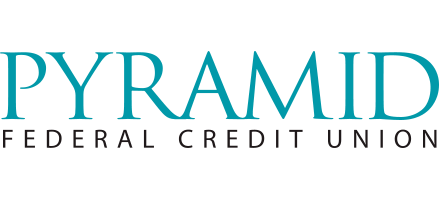March is National Credit Education Month
Let’s take a look at one of the most important parts of your financial wellness – credit.

In simplest terms, credit is your ability to borrow money with the understanding that you'll pay it back later, typically with interest added on.
Loans and credit cards are the types of credit people use most often. Loans, which let you borrow a lump sum of money, have a longer history. But credit cards, which give you revolving access to a fixed amount of money, called your credit limit, have become a way of life for a majority of people. Revolving access means that as soon as you repay an amount you've borrowed, you can use it again.
A credit report—and thus credit score—isn't created until you open a credit account for the first time.
The actual credit score number is based on a variety of factors, including:
- Payment history (whether or not you pay on time!)
- Credit utilization rate (Your credit utilization rate is the balance of what you owe vs how much credit you have available. Ideally, this number should be less than 30%. For example, if you have a combined limit of $10,000 across your credit cards, you want a balance of $3,000 or less.)
- Length of credit history (how long your accounts have been open—the longer, the better)
- Mix of credit types (installment payments, credit card payments, etc.)
- Recent credit applications (less is more when it comes to your score)
Building credit is a bit of a catch-22, however. You need good credit to qualify for the things—auto loan, credit card, rental history, even getting a job or insurance—that actually give you good credit.
So how do you start building credit?
- Make payments on time.
- Pay in full as often as possible.
- Keep your credit utilization rate low.
Evaluating Credit Use
People use credit, or their access to credit, in different ways, and some of those choices tend to work better than others. Consider some of these issues before you decide to use credit:
Credit cards can be a convenient way to simplify bill-paying. If you charge a number of different purchases, you can make one payment to cover them all. You may also be able to take advantage of sales, avoid carrying large sums of cash, or shop conveniently by phone or online.
On the other hand, if you regularly charge more than you can afford to repay, the finance charges can add substantially to your expenses and, in the worst of circumstances, drive you deeply into debt.
Similarly, a car loan can enable you to replace an old car with one less apt to need expensive repairs, and a mortgage loan can enable you to buy a home. But you can also find yourself repaying a loan on property that is worth less than you owe. Or worse yet, if you overcommit yourself and can't pay, you may lose the property entirely.
Remember, Credit Comes with a Price
Lenders are willing, and often eager, to offer credit because they collect a fee, called a finance charge, as you repay. This fee is based on the amount of money you've borrowed, plus interest, calculated as a percentage of the amount you owe.
A word of caution, the added costs for using credit can vary greatly. It's important to understand the details. Do comparison shopping for the best rates and terms. And, always make sure you are not putting yourself into a financial hardship by borrowing more than you can realistically afford to pay back.
An easy way to get started with building credit is to open a credit card. For younger members, or people who have not established credit, a secured credit card might be a good first start with building credit. Pyramid’s Secured VISA credit card provides access to credit backed by your savings.
Learn more about a Pyramid Visa Credit Cards. Ready to apply? Click here.




